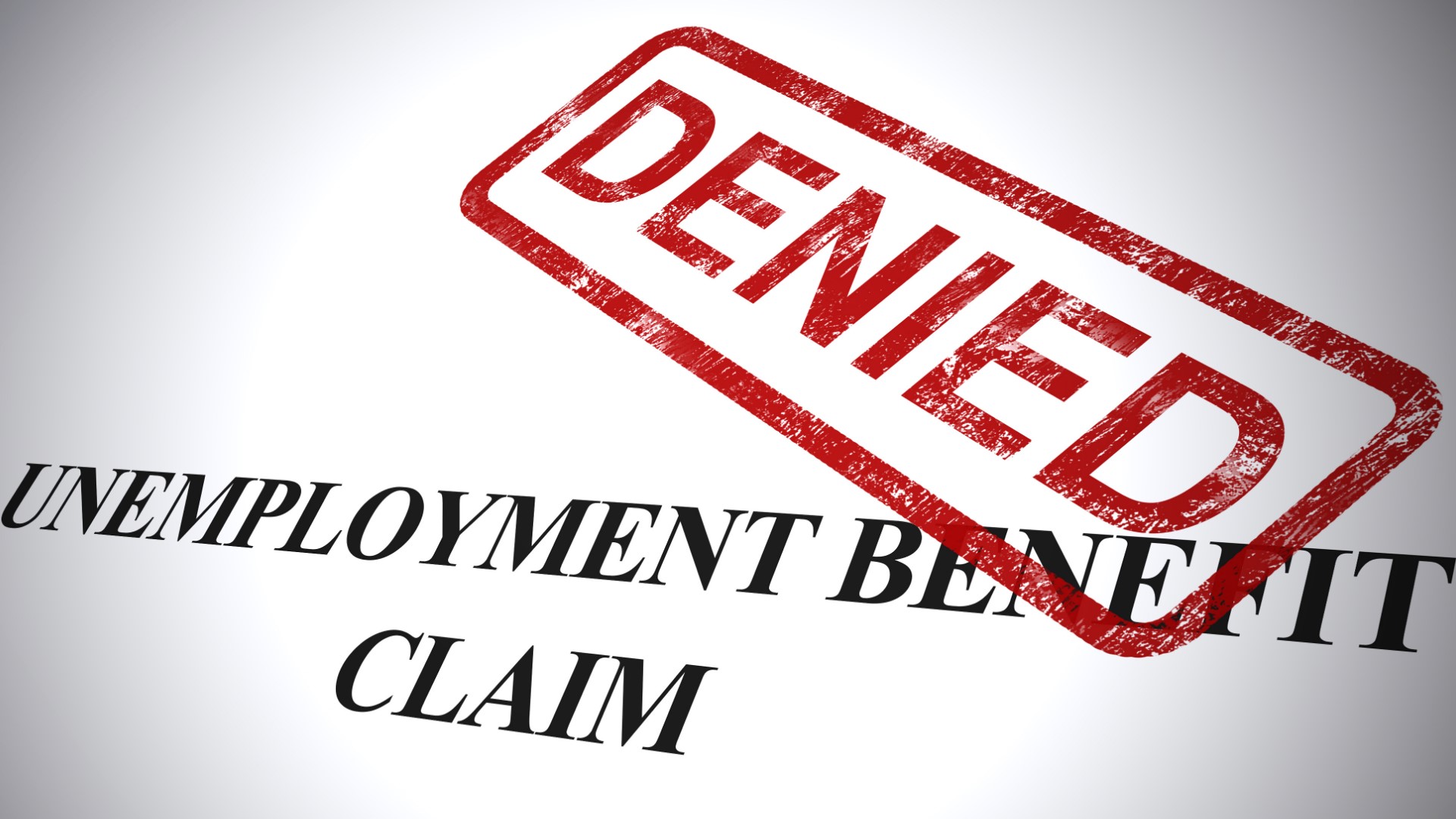WASHINGTON — The Pentagon has announced it plans to add the COVID-19 vaccine to the list of required vaccines for troops by Sept.15. That deadline could be even earlier if the FDA issues final approval of the vaccines, as it's expected to in the coming weeks.
It's gotten a lot of attention from people on social media; the term "AWOL" trended on Twitter for a few hours on Aug.11 after a couple users posted about service members leaving the armed forces and refusing to get the shot. In response, some claimed one could be dishonorably discharged for refusing. Let's verify.
THE QUESTION
If a military service member refuses to receive the COVID-19 vaccine, can they be dishonorably discharged?
THE SOURCES
- Mike Hanzel, Military Law Attorney, co-founder of The Hanzel Law Firm and former Navy JAG
- David P. Sheldon, Military Law Attorney and lead attorney with The Law Offices of David P. Sheldon
- Military Health System
THE ANSWER
Yes, it is technically possible that military service members could be dishonorably discharged from service for refusing to get a required vaccine. Our experts say that's one of the harshest punishments, and it's more likely they would face a lower level of disciplinary action.
WHAT WE FOUND
The COVID-19 vaccine is hardly the first vaccine that military service members have been required to receive. An Air Force spokesperson told the Verify team that the Department of Defense "requires 17 total vaccines under varying circumstances for its service members."
The Military Health System website outlines the required vaccines and dosages for military members deployed to different regions of the world, like Typhoid, Anthrax and Yellow Fever. Military Law attorney Mike Hanzel explains that for the most part, vaccine requirements exist for operational readiness; service members need to be prepared to deploy at all times.
"Historically, militaries don't work if people are not operationally ready and they are not deployable," Hanzel explained. "If Pearl Harbor happens, or 9/11 happens, people need to be ready at a moment's notice to deploy. And if they are sick, they're not going to be ready."
As for the consequences, both Hanzel and David P. Sheldon, another Military Law attorney, referenced the same section of the Uniform Code of Military Justice: Article 92, which addresses the failure to obey a legal order.
"In essence, the charge would be you are violating Article 92 by refusing a direct order," Sheldon said. "And the direct order, in this case, would be to get the vaccine."
There are different levels of military discharge that could come into play here. They can happen via the administrative, or non-judicial, route, or, in the most serious circumstances, from a court-martial.
On the lightest administrative end, there's an Honorable Discharge. The next level is General Discharge Under Honorable Conditions, in which a member can be denied GI benefits. The most serious administrative discharge is an Other Than Honorable discharge, often reserved for forms of misconduct. Hanzel said these are not necessarily considered punishments, but characterizations.
If a service member is convicted in a court-martial, that can result in a Bad Conduct Discharge or a Dishonorable Discharge. Those come with the most restrictions to future enlistment and receipt of benefits. Sheldon told the Verify team that while these are technically possible, he believes it unlikely that refusing a vaccine would result in something this severe.
"I think in a situation like this, it would be highly unlikely, both for the political reasons and simply because it would be really, really overhanded," Sheldon explained. "It's much more likely that the service member would face administrative type of separation."
Hanzel said the lasting punishments may come down to how much of a statement officers want to make.
"The military may make examples of people who refuse to follow this order, because it needs to protect good order and discipline," Hanzel said.
In an August 10 interview with Fox News' Neil Cavuto, Pentagon Press Secretary John Kirby said troops who are hesitant will have access to counseling to demonstrate the safety and efficacy of the vaccines. If that fails to convince, he said the chain of command would take administrative action, but stressed that action under the UCMJ would be "highly unlikely."
This is all assuming that the order is lawful, which both of our experts agree it is. It will be an airtight order once the FDA fully approves a vaccine, but until then, a presidential waiver would fill that licensing gap.
The fear of discharge isn't unfounded, Hanzel said. In the 2002 case U.S. v. Washington, a member of the U.S. Air Force refused to get his sixth Anthrax vaccine dose. He was court-martialed, received a federal conviction for an orders violation and received a bad conduct discharge.
"His claim was that he was under duress and that was a defense to not have to take the vaccine, meaning he was worried it would hurt him or others," Hanzel said. "The Court of Appeals for the Armed Forces said that's not a defense in vaccine cases. So that's a precedent now which would apply to the COVID vaccine."
The caveat that must follow all vaccine mandates are the two major exceptions that people can legally invoke: medical exemption and religious exemption, both of which apply here. A medical exemption must be granted by a doctor. A religious exemption may be a bit harder to come by, Hanzel said.
"It needs to be a sincere religious belief," he said. "If this religious concern only started when the COVID vaccine came out and it didn't apply to any of the other vaccines, which anyone in the military has gotten a number of them, I think that's going to be probably an unsupportable argument."
So we can verify that yes, if a military service member refuses to take the COVID-19 vaccine without an official exemption, they can be removed from service.


